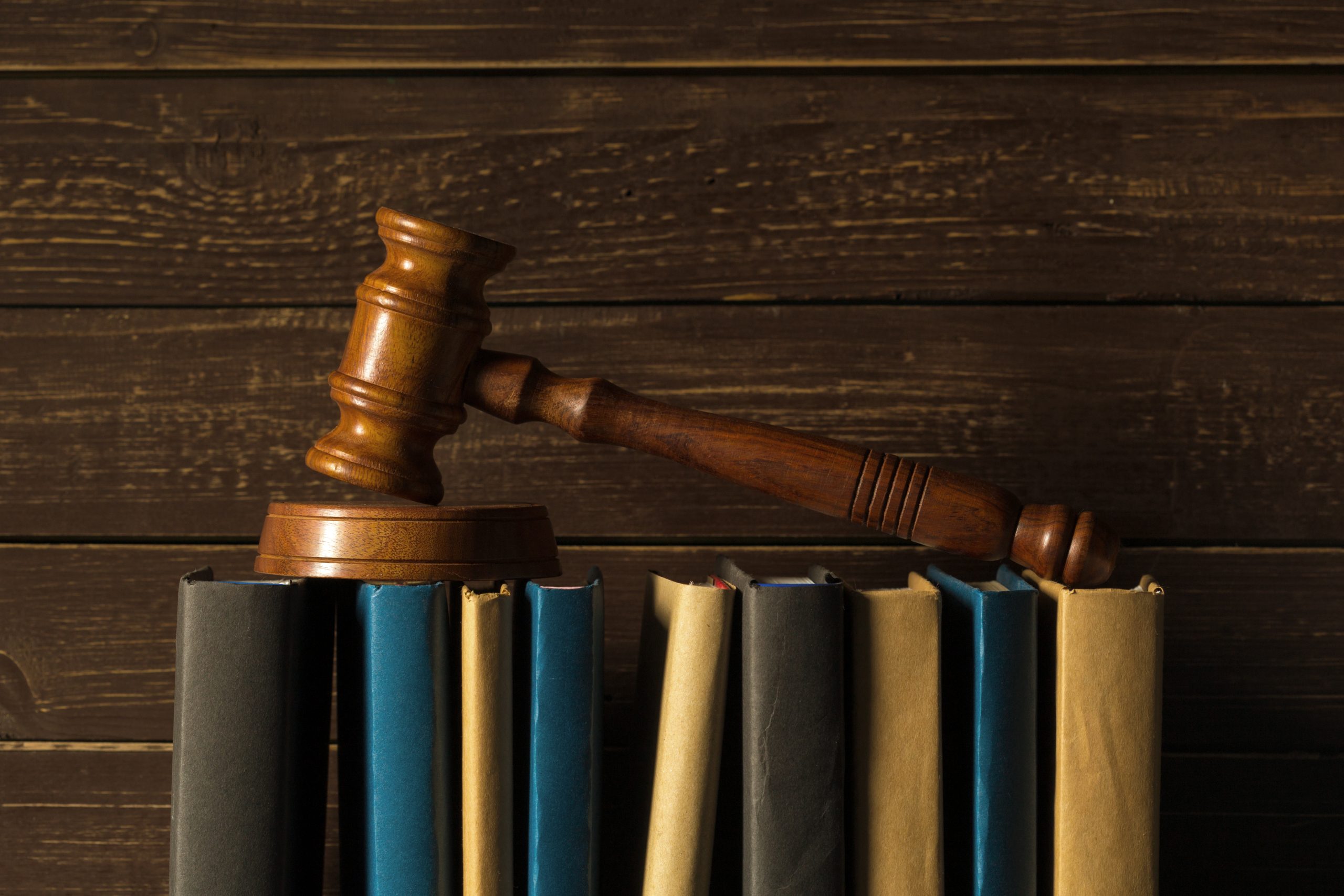The attorney-client defence privilege is a guiding legal principle which inhibits the disclosure of secrets in communications between a trusted defendant and their reliable defence counsel. Nevertheless, it must be emphasized that the client’s privilege encompasses the attorney, not just the lawyer. Here are some key points about the attorney-client privilege:

1. The Client’s Privilege
A client either takes advantage or refuses to use the attorney-client privilege. The only person who can have a say on whether the client should keep their conversations with their counsel confidential or disclose it is the client. The lawyer’s role is to protect the client’s sensitive information through direct consent.
2. Exceptions to the Privilege
While the presumption of privilege is appealing. There are certain situations where the privilege may not apply:
- Defenses made by the involved individual in the presence of a third party with no legal significance for the representation.
- As for the communications related to the possible criminal act or a type of fraud.
- The personal trustee privilege waives those communications which use a deceased customer.
3. Limitations and Exceptions
The attorney-client privilege may be subject to some limitations, whether it is based on a jurisdiction or the specific environment, without being limited by exceptions or exemptions. In extreme cases, the courts can grant the disclosure of privileged communications, which will be seen as adequate if acting of judicial administration or the community’s collective interest. These limitations and exceptions can include: These limitations and exceptions can consist of:
- Crime or fraud exceptions: Besides, the privilege is not valid in the circumstances relating to distant scandals or scams.
- Public safety exceptions: This broad scope disclosure provisions enables courts to order the disclosure of privileged information under certain conditions. Mainly when there is a grave threat to public safety or national security.
- Testamentary exceptions: In some situations, a specific person, a personal representative of the deceased client’s estate, can resolve the privilege waiver.
- Regulatory oversight: For example, some regulators can require the disclosure of communications protected under the privilege rule in certain exceptional cases. Such as the Securities Commissions or Government Departments.
4. Fostering Trust and Candor
The principle of attorney-client privilege is among the tenets of fairness and proficiency immunity and is necessary for smooth legal practice. Interested partisans can contact us for legal counsel without the fear of disclosure and narrate their information freely and kindly. Candidness is pivotal for a lawyer to deliver the correct legal service and effective defence.
Final Thoughts on Who does the attorney-client privilege belong to
The lawyer-client privilege, a most important legal principle, should be de facto and belong to the client exclusively. It promotes trust and open dialogue between clients and their respective attorneys to ensure that clients get the best legal counsel they can be afforded while their rights are protected. This type of privilege is quite nuanced. Whose understanding is essential for clients and lawyers alike as it seeks to maintain confidence and contribute to fairness in dispensing justice. Get in touch with criminal law firm right now to avail of a free consultation where you will be guaranteed privacy and attorney-client privilege simultaneously. Our team of professionals will enable you to go through the process and protect your rights.


